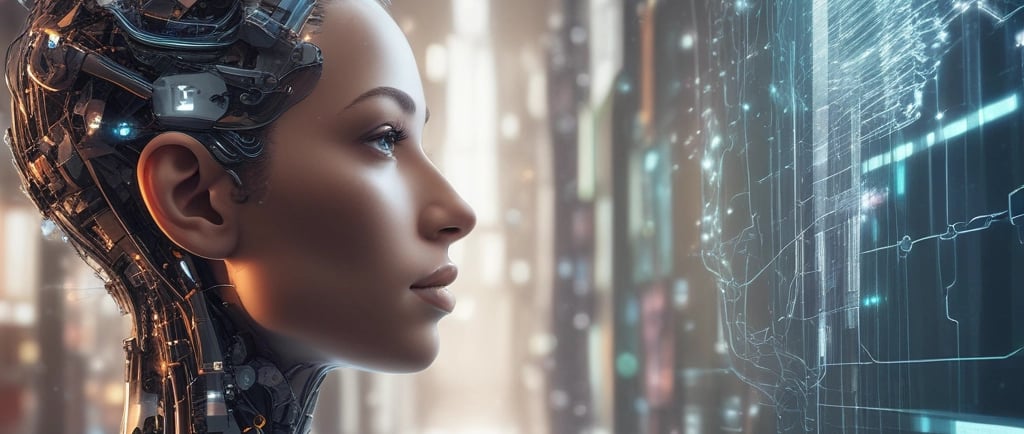Key Generative AI Trends to Watch in 2025
1/2/20251 min read


As we step into 2025, the landscape of Generative AI is poised for transformative advancements that will permeate various sectors, enhancing efficiency, personalization, and innovation. Here’s a glimpse into the anticipated developments:
1. Emergence of Autonomous AI Agents
AI is evolving from simple chatbots to sophisticated autonomous agents capable of managing complex tasks with minimal human intervention. These agents are set to revolutionize industries by automating processes such as scheduling, customer service, and even aspects of software development, thereby increasing productivity and reducing operational costs. Time
2. Integration of AI in Consumer Electronics
The consumer electronics market is experiencing a surge in AI-powered devices. From smart home appliances to advanced automotive systems, generative AI is enhancing user experiences through personalization and intelligent automation. This integration signifies a shift towards more intuitive and responsive consumer products. Financial Times
3. Advancements in AI Video Technology
AI-driven video generation is becoming mainstream, with tools that allow for the creation of high-quality video content with minimal effort. This democratization of video production is expected to impact entertainment, marketing, and education by making content creation more accessible and cost-effective. Time
4. Focus on Responsible and Ethical AI
As AI systems become more embedded in daily life, there is a heightened emphasis on ethical AI development. Ensuring transparency, fairness, and accountability in AI applications is paramount to building trust and mitigating biases, leading to more equitable outcomes across various applications. MIT Sloan Management Review
5. AI as a Catalyst for Sustainability
AI is playing a pivotal role in advancing sustainability efforts by optimizing resource utilization and reducing waste. In industries like agriculture and energy, AI models are refining predictions for optimal resource deployment, contributing to more sustainable practices and helping address global environmental challenges. Forbes
Arash Hajikhani, PhD
Showcasing my academic profile and projects and blogpost series
contact
Blogpost Subscription
© 2024. All rights reserved.
